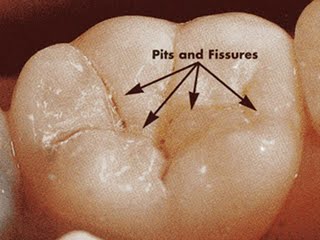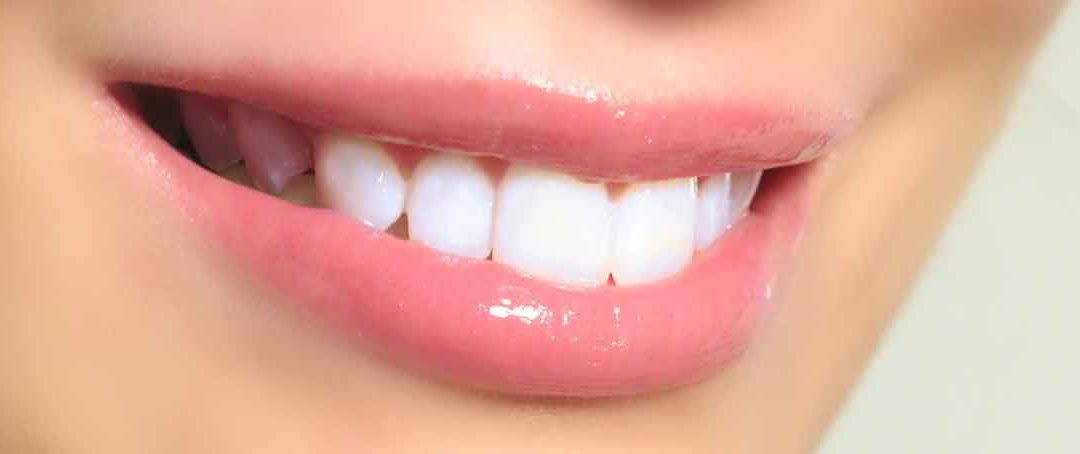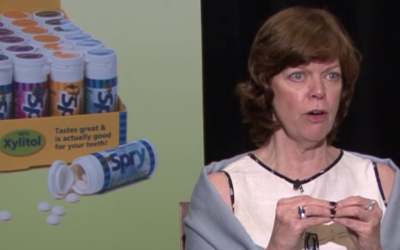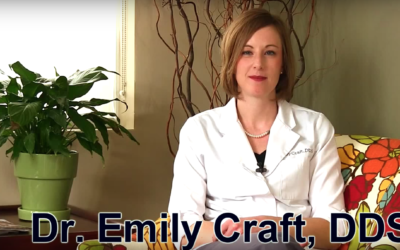While you might not be familiar with the term “dental caries” you definitely know what they are. In fact, dental caries is just another term for cavities, the most common form of oral diseases known to man. You end up with dental caries due to tooth decay.
Tooth decay happens because of the destruction of the enamel of the tooth. No one is immune to this and it is a common issue with children, teens, and adults. The tooth enamel is broken down by acid producing bacteria that make up most of the plaque that sticks on the surfaces of our teeth. The acid comes from the sugars in our diets that we share with these bacteria. If we don’t eat sugar they can’t make any acid and we don’t have any cavities. Easy to say, but we all have a sweet tooth, so it’s pretty hard to do.
There are two major groups of caries: pit and fissure caries and smooth surface caries.
Pit and fissure caries are most commonly found on the chewing surfaces of molar and premolar teeth, and the back of the anterior teeth. Teeth contain multiple layers of enamel, and these layers meet to create small grooves where the plaque is harder to remove with brushing or flossing, making it easier for decay to get a start.
Smooth surface caries are most commonly found where teeth touch or along the gum line. It’s because of these caries that flossing is so important. Flossing regularly and using a manual or power toothbrush in these areas can help prevent cavities that would normally form.
The addition of xylitol to your oral products can help reduce the likelihood of dental caries as well, giving you extra defenses against tooth decay. Xylitol has been studied for over 40 years and has been shown to inhibit the growth of the bacteria that causes dental caries and to reduce the acid that causes the cavities. This is because the main cavity causing bacteria, Streptococcus mutans, cannot metabolize xylitol and therefore can’t grow, and if the dietary sugars are replaced by xylitol there is no acid production.
It is recommended consuming five to seven grams total of xylitol per day, spread out through several servings, to reap these benefits. Without making changes to your usual routine, you can easily incorporate the necessary xylitol. Instead of using a regular toothpaste, floss, or mouthwash, make the easy switch to xylitol based products and you won’t even have to think twice about getting enough xylitol into your daily routine.
Related Articles
Dr. Doyle Williams on Fluoride and Xylitol
I'll give you two interesting statistics: one is from the United States, which we hold up almost as the gold standard of care. We think that everybody comes to the US for the best health care, and we know that three out of four of our children - by the...
Trisha O’Hehir, RDH Easily Explains How Xylitol Works
Trisha O’Hehir, RDH spoke about a fairly new way that xylitol works to reduce infectious diseases in the mouth and airway at a recent dental conference. Trisha is one of the people who cleans your teeth when you go to the dentist. Some, hopefully few,...
Emily Craft, DDS on Dental Benefits of Xylitol Gum
Dr. Emily Craft, DDS recorded a video about xylitol and dental health. Read on for a summary of her thoughts. Xylitol is a naturally occurring sugar that you find in a lot of fibrous plants, fruits, and vegetables. Believe it or not, this sugar has a...
Sweet Treats for Dental Health
Sweet treats can get you into trouble. We all know this, and our dentists like to remind us each time we visit and have to get a cavity filled. But there’s finally a way to enjoy your sweet treats and not get your teeth in trouble. Xylitol...
Dental Benefits of Xylitol
We visit the dentist because we care about our oral health. Our smiles are one of the first things people notice about us, so we want them to be healthy and bright. What if you could reduce the risk of cavities by up to 80 percent? What if you could have...
Xylitol Product Spotlight: Spry Xylitol Mints
Spry mints with xylitol are a great way to refresh your mouth between brushing. They are sweetened with 100% xylitol, no other sweeteners. Each mint has a half-gram of xylitol. Xylitol is a sweetener that occurs naturally in plant fibers. It tastes like...











I’m happy to learn more about xylitol. Will this help me with my terrible breath? I don’t go out and interact too much because of my breath and my husband won’t kiss me anymore. What more can I do? Brush twice a day, floss and brush my tongue. I have dental appointments coming up as well. Thanks for your reply and your service.ill keep trying the xylitol products.
Your problem might be due to things. 1) A bacteria in you gastrointestinal tract. If so, go see a gastroenterologist. 2) or it could be due to sinusitis; then you should see an Otorhinolaryngologist